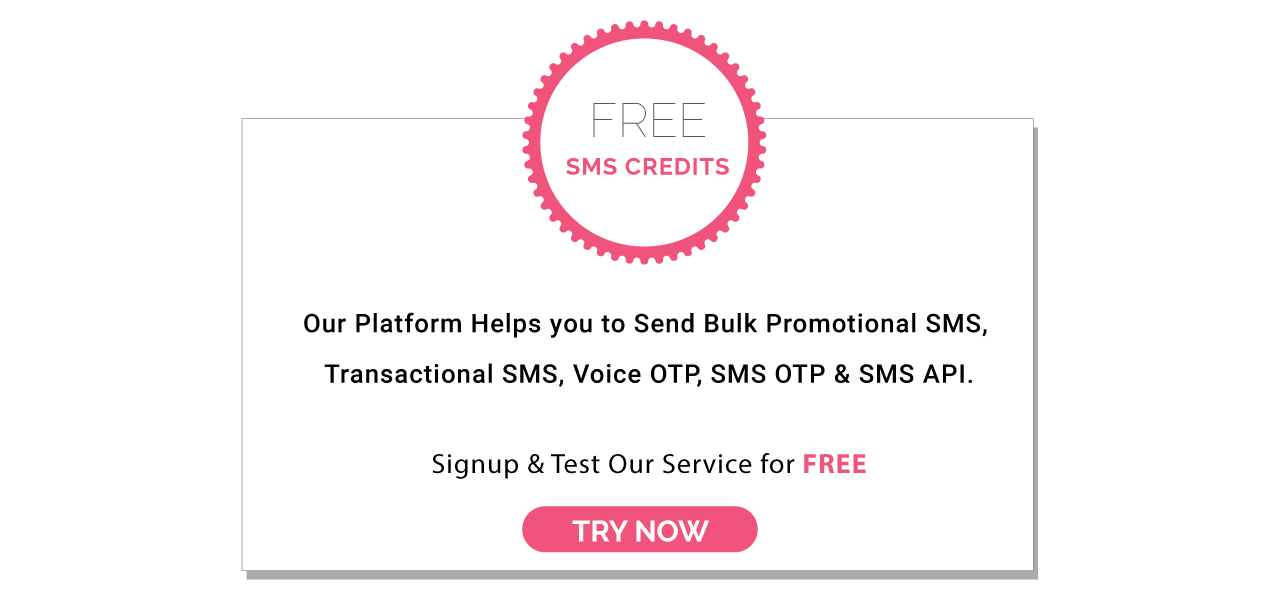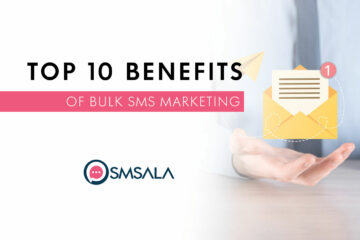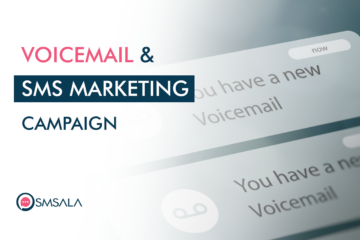SMS marketing is one of the most personal forms of communication with a customer any business can maintain. Most people text their friends and family members on a regular basis, so what better way to get personal than with SMS marketing? This strategy allows companies to integrate into the everyday lives of their customers, creating a familiarity that enhances brand loyalty.
As long as your campaigns maintain a blend of professionalism and genuine value, they can work wonders in building personal relationships. These relationships can translate into long-lasting, loyal customers who frequently engage with your brand. The essence of effective SMS marketing lies in its ability to feel like a natural conversation rather than a corporate broadcast.

One of the biggest factors in conducting a successful campaign that enables you to enjoy personal customer relationships is how deeply you know your customer. Individuals on your SMS marketing list have come to you looking for deals and offers on the products and services that interest them. When the experience is more personalized to their specific interests, you can keep them engaged and attentive to what you offer.
To get to know your customers on a more personal level, utilize a variety of channels such as social media, surveys, and blogs. The more touchpoints you have with your audience, the better. Utilize data like zip codes, time zones, and newsletter subscriptions to tailor your messages for the best possible results. This strategy ensures that your SMS campaigns are as relevant and effective as possible.
SMS marketing is one of the best ways to promote and market your company in today’s world. The more personalized the experience, the greater the benefits. Customers prefer being contacted via text messages, which are typically read within three minutes of receipt. This quick engagement often results in effective brand building and customer retention. Use SMS marketing correctly, and you can achieve significant results with each campaign.
How to Create an Effective SMS Marketing Strategy
- Define your target audience and tailor your messaging to them.
- Keep your messages short and to the point.
- Use a strong call to action to encourage customers to take the desired action.
- Personalize your messages with the recipient’s name or other relevant information.
- Test different messaging and offers to see what resonates with your audience.
- Schedule your messages to be sent at the right time and frequency.
- Incorporate customer feedback and make adjustments to your strategy as needed.
- Use A/B testing to optimize your campaign.
- Make sure to comply with local laws regarding SMS marketing.
- Track and measure your results regularly, to analyze and improve your strategy.
5 Tips for Crafting Engaging & Effective SMS Messages
- Keep it brief: SMS messages are limited to 160 characters, so ensure your message is concise and to the point.
- Use action-oriented language: Motivate customers to take action with verbs like “buy,” “register,” or “reserve.”
- Personalize your messages: Incorporate the recipient’s name, location, or other personal details to make the message more engaging.
- Use emojis and symbols: These elements can add personality and emotion to your messages, and help save character space.
- Use a strong call to action: Conclude your message with a clear and specific instruction, such as “Visit our site,” “Book now,” or “Call us.”
How to Measure the Success of Your SMS Campaigns?
There are several metrics that can be used to measure the success of an SMS marketing campaign:
- Open rate: Measures the percentage of recipients who open the SMS. High open rates suggest effective subject lines and sender names.
- Click-through rate (CTR): Measures how many recipients clicked on links within the SMS. High CTRs indicate engaging content.
- Conversion rate: Tracks the percentage of recipients who completed a desired action, showing the direct impact of the campaign.
- Bounce rate: Indicates the percentage of messages that weren’t delivered, highlighting data quality.
- Opt-out rate: Shows the percentage of recipients opting out of future messages, providing insight into message reception.
- Net Promoter Score (NPS): Assesses customer satisfaction and loyalty, offering a gauge of overall campaign reception.
By monitoring these metrics, businesses can optimize their SMS strategies for better engagement and effectiveness.
Conclusion:
SMS marketing is an exceptionally powerful tool for reaching customers and increasing engagement. By sending targeted, personalized messages directly to a customer’s phone, businesses can effectively drive sales and enhance brand recognition. With an open rate of nearly 98%, SMS marketing is incredibly effective in getting your message across quickly and efficiently.
To embark on SMS marketing, it is crucial to define your target audience, craft messages that are both concise and compelling, and continuously monitor and adapt your strategies based on campaign results. By adhering to these best practices and consistently evaluating your campaign’s performance, you can maximize the impact of SMS marketing and significantly improve your return on investment.
In conclusion, SMS marketing offers a direct and cost-effective way to engage customers and foster long-term relationships. By leveraging this dynamic communication tool and following strategic best practices, businesses can achieve substantial growth and customer loyalty in today’s competitive market.



